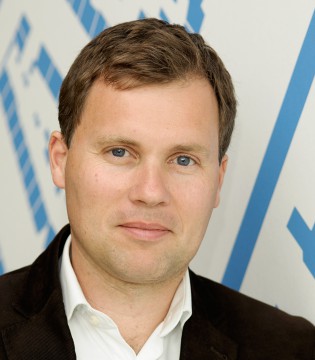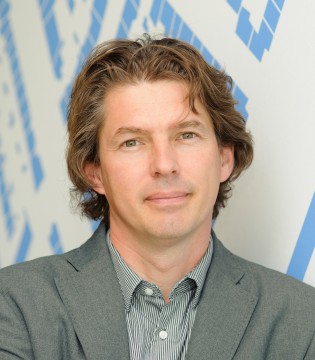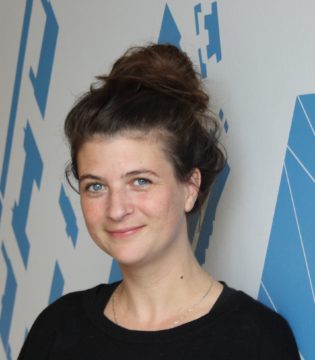Terwijl in het Zwitserse Davos de wereldwijde elite zich verzamelde om de Grote Kwesties van deze tijd te bespreken, vond op de Amsterdamse Zuidas, op de Vrije Universiteit, een ook niet misse samenklontering van macht en invloed plaats. Daar deelden Wouter Bos en Jan Peter Balkenende voor het eerst in jaren het podium, maakte oud-EU Raadsvoorzitter Herman van Rompuy zijn opwachting, net als Carla Moonen, voorzitter van het zorg- en welzijnspensioenfonds, met bijna 200 miljard euro in kas het een na grootste van het land. Via een video riep minister van Financiën Wopke Hoekstra de aanwezige bankiers, ondernemers en politici op hun verschillende verantwoordelijkheden en taken te overstijgen en zich te richten op hun gedeelde verantwoordelijkheid voor het welzijn en de veerkracht van de samenleving als geheel.
ECB should look out the window more often
On June 14th ECB Vice President Vitorio Constancio gave a speech at Utrecht University School of Economics on the ECB’s negative interest rate experiment. It was a most interesting lecture in which he argued the equilibrium real interest rate (the rate at which demand and supply for capital equalize) in Europe and much of the West may in fact be negative. Secular stagnation due to low productivity growth, labor replacing technological change and sluggish demand may have pushed demand below capacity and the real interest rate at which Western economies achieve full employment at stable inflation rates could then be negative. A most interesting proposition.
Investors can learn a thing or two from the natural world
While humans have been learning from nature for thousands of years, a formal concept “biomimicry” – which seeks inspiration from nature to solve complex human problems – is more recent. Nature constitutes the source of inspiration for many new products and processes among diverse fields, for example, Tokyo’s rail system inspired by slime molds, Shinkansen bullet train inspired by the kingfisher’s beak and wind turbine blades designed based on humpback whales. These nature-based innovations will play an important role in the transformation towards our vision of a sustainable future.
Why this Capital Markets Union is a bad idea
In a few months European Parliament will take a vote on the European Commission’s proposal known as the European Capital Markets Union. This proposal aims to create a single European market for capital and eliminate all remaining barriers to cross border investments in the EU. As with the single markets for goods, services, energy and labor, this is, in principle, a good idea. A single market allows for a more efficient use of our limited resources and benefits investors as well as those looking for funding. Moreover, Eurogroup chairman Dijsselbloem has said (e.g. http://www.consilium.europa.eu/nl/press/press-releases/2015/11/04-jd-speech-tatra-summit/) such a Single European Capital Market can help stabilize the Eurozone. It allows surplus countries to invest their excess savings in deficit countries, thus diversifying risk and synchronizing the European business cycle. The Capital Market Union thus aims to mobilize more investment and allocate it better across the EU to help stabilize the Monetary Union.
Friend or Foe? Securitization and the Dutch mortgage boom
The revival of the securitization market lies at the heart of the European Commission’s initiative to launch a pan-European capital market union (CMU). Securitization, as an additional source of funding for banks are considered as the solution of unlocking more investments for all companies, especially small and medium enterprises (SMEs) in the EU.[1] However, questionably as securitization in recent history has been mainly used for funding residential mortgages. This note explores the role of securitization in financing Dutch mortgage boom over the last decade.
Finance in a Circular Economy
The concept of a circular economy is starting to gain traction in the financial community. The concept is an appealing alternative to our current linear economy in which finite resources are being used for the manufacturing of products, which get disposed of and thus wasting a lot of value. This process often produces negative externalities such as pollution of air, soil and water, but also exploitation of people and (unnecessary) poverty.
In a circular economy, all components within that economy have their own niche. All in- and outflows are being used and produced in unique combinations, without waste and with positive total net revenue. Such a circular system is inspired by eco systems and is essentially different from our current linear system.




